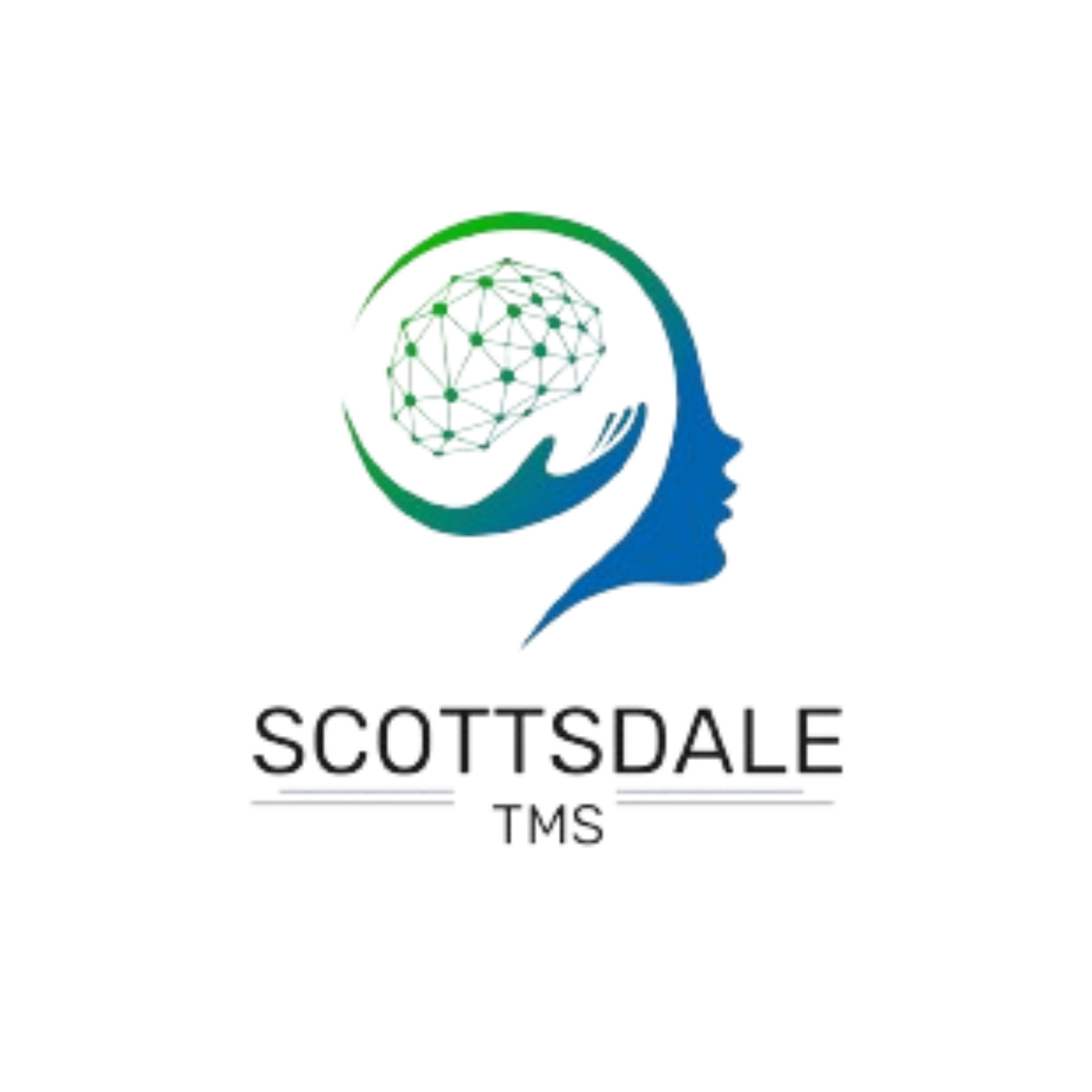Some top studies on the efficacy of transcranial magnetic stimulation (TMS) underscore its high success rate and potential, particularly for treatment-resistant depression:
1. Stanford Accelerated Intelligent Neuromodulation Therapy (SAINT)
This accelerated form of TMS, developed at Stanford, showed nearly 80% remission rates among participants with severe depression, with significant improvements often observed within days. In this double-blind study, 29 participants who had not responded to traditional antidepressants showed rapid symptom relief that lasted for months. The SAINT protocol modifies traditional TMS by delivering targeted, high-frequency magnetic pulses tailored to each patient’s neurocircuitry, with side effects limited to mild fatigue and headaches (Stanford Medicine, 2021)


2. Comparison of rTMS with Electroconvulsive Therapy (ECT)
A meta-analysis comparing repetitive TMS (rTMS) with ECT found that while ECT had a higher remission rate in patients with severe, treatment-resistant depression, rTMS showed similar effectiveness for non-psychotic forms of depression with fewer cognitive side effects. In this analysis, 33% of rTMS patients reached remission, while ECT showed a slightly higher remission rate. However, rTMS was favored for its minimal side effects and greater ease of use compared to ECT (General Psychiatry, 2020)
3. FDA-Approved rTMS for Depression
Since its FDA approval in 2008, rTMS has been rigorously studied. Its primary mechanism involves stimulating the dorsolateral prefrontal cortex (DLPFC), which modulates mood regulation networks. Studies have shown that rTMS can reduce depressive symptoms, particularly in patients with drug resistant depression. In a retrospective analysis, patients showed significant mood improvement, often without the need for ongoing sessions, demonstrating its impact on long-term neural plasticity (MDPI, 2024)

These studies reflect the potential of TMS as a non-invasive, relatively safe, and effective treatment option,
especially for patients who have not responded to medication.

SUBSCRIBE & STAY INFORMED
